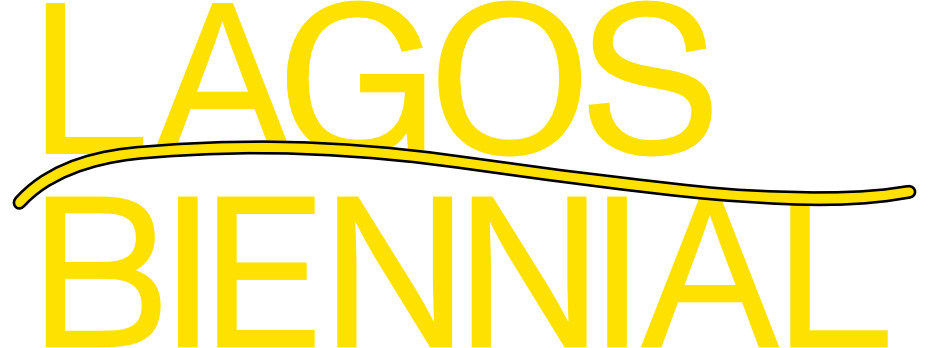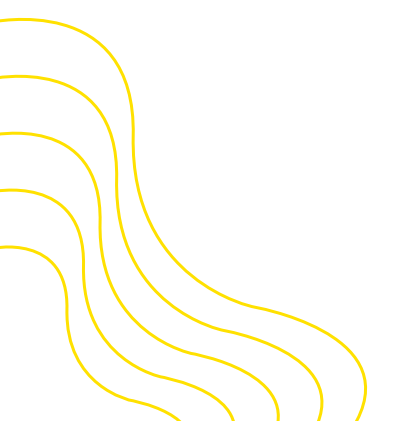
What lies hidden in the shadows of our museum spaces? Whose stories are silenced, and whose voices are amplified? If we were to build a museum from scratch, unbounded by structural inequities, what form would it take?
Titled The Museum of Things Unseen, the Lagos Biennial 2026 offers a speculative response to these questions. This conceptual museum brings together a collection of works to address the contextual, philosophical, and political forces that shape practices of cultural circulations and museology.
The Museum of Things Unseen aims to bring together and exhibit rarely or never before seen artworks, examining the factors (imbalanced global art canon shaped by cultural bias, financial power, political influence, curatorial priorities, and conservation concerns, etc.) contributing to their unseenness. The intention is to open up the current bounding structures of these artworks, and inquire into the invisible labour, evolving identities, and concealed market forces shaping our cultural landscape. Contemporary artists will be invited to reinterpret and reimagine the works on display, questioning the invisibility of these works, rewriting the narratives within the context of a speculative museum, and offering new perspectives that illuminate the unseen dimensions of these pieces.
Subscribe to our newsletter
Be the first to discover exhibitions, artists, and more.








